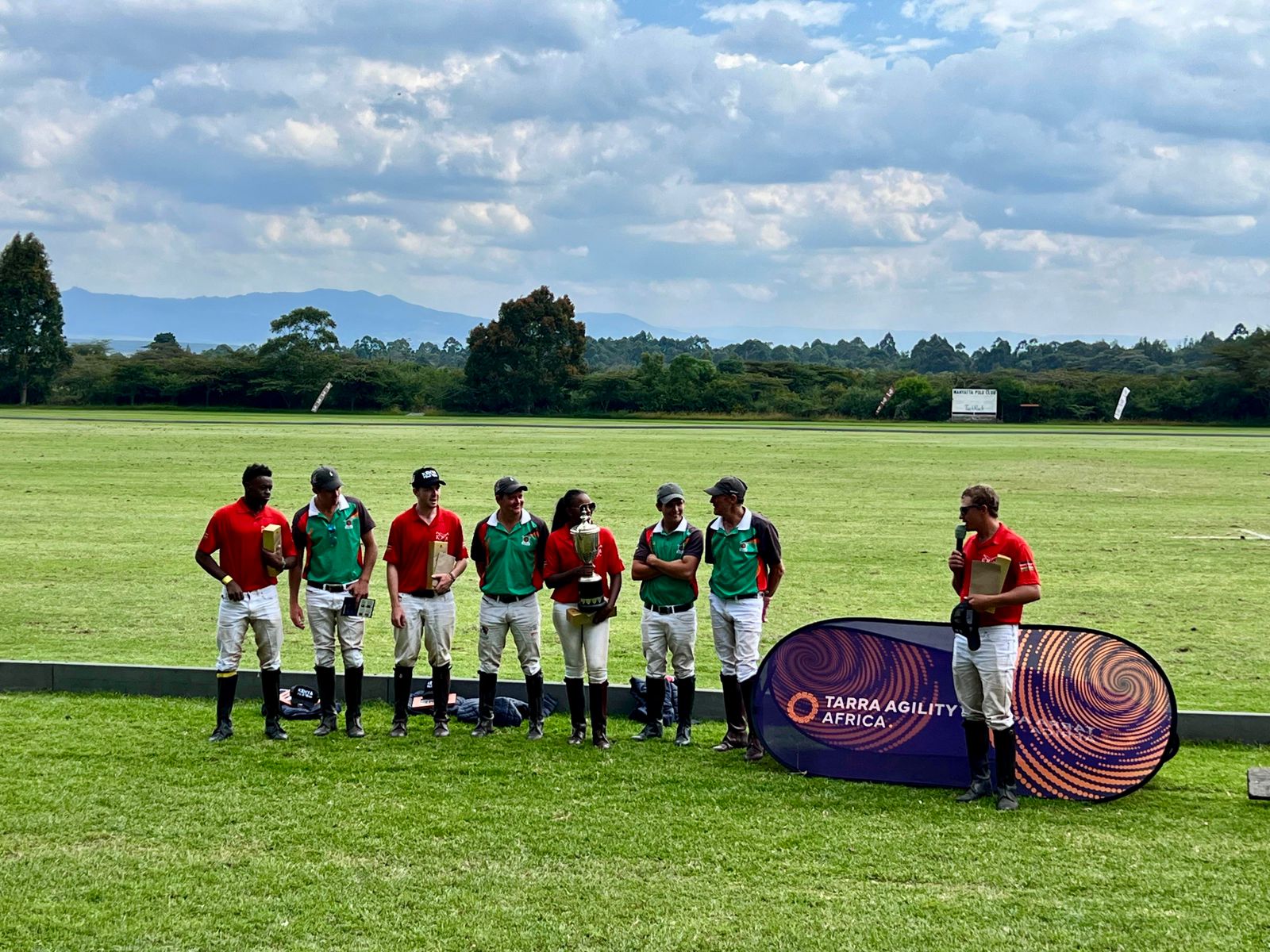Real estate developers are not subject to capital gains tax (CGT), which is assessed at a rate of 15%, when they sell land for profit in the regular course of business. Instead, the proceeds are subject to corporate income tax (CIT), which is assessed at a rate of 30% for resident companies and 37.5% for non-resident companies.
The badge of trade test is used to differentiate between business profits that are subject to CIT and gains from the sale of land or other real estate that may be subject to CGT.
Here is a Tax Appeals Tribunal Case on the matter you may find interesting.
In April 2012, Ruaraka Diversified Investments Limited (RDIL), a branch of a company based in Mauritius, was set up in Kenya to invest in and hold real estate. In 2011, RDIL bought 34.14 acres of land for KES 1.2 billion. Between 2013 and 2015, it subdivided the land and sold 29.5 acres to three entities for KES 2.7 billion.
Under the name Actis Properties East Africa Limited, RDIL asked the KRA for a private ruling on whether or not the sale in question was subject to capital gains tax (CGT). The KRA acknowledged that CGT applied to the sale, and the RDIL paid KES 43.9 million as CGT. The KRA, however, revoked its private ruling in 2018 on grounds of material misrepresentations made by RDIL and levied a corporation tax of KES 672.2 million on the land sale.
RDIL filed an appeal with the Tax Appeals Tribunal in an effort to have the corporation income tax (CIT) assessment for the sale of land amounting to KES 672.2 million overturned.
At the Tax Appeals Tribunal, the KRA submitted that it revoked the private ruling because it relied on false and incomplete information provided by Actis Properties.
KRA submitted that the request for a private ruling was initially made by a non-resident company called Actis Properties East Africa Ltd. Actis claimed to have received a land-sale offer but failed to disclose that RDIL actually owned the parcel in question. KRA further submitted that the application omitted details regarding RDIL’s primary business.KRA further submitted that according to the company’s financial statements, which outline its main activities, RDIL is not an investment holding company.
The TAT dismissed RDIL’s claim and held that, according to Section 65 of the Tax Procedures Act (TPA), a private ruling is binding on the KRA if the taxpayer has made a complete and accurate disclosure of the transaction in relation to an application for a private ruling and the transaction has proceeded in all material respects as described in the application.
The TAT agreed with the KRA that RDIL made substantive misrepresentations of facts in its application, first by stating that the entity involved in the transaction was Actis and not RDIL, and by portraying the transaction as a one-off, unanticipated transaction rather than one within the nature of RDIL’s business of land development and sale.
According to the TAT, the KRA did not issue a private ruling in accordance with Section 65 of the TPA under the given circumstances because RDIL made material misrepresentations when it requested a private ruling; thus, the KRA’s private ruling did not give rise to a legitimate expectation.
The TAT upheld the KRA’s assessment of CIT on the transaction and held that the transaction was in the ordinary course of business and the gains therefrom were subject to corporation tax and not CGT. To arrive at its decision, the TAT utilized the concept of badges of trade as follows:
- Profit motive: RDIL’s objective was to acquire the land and sell it at a profit without any intention of holding it as an investment;
- Modification of an asset in order to make it more saleable: RDIL made improvements, such as infrastructure, to increase the value of the land, and
- Length of ownership: The RDIL sold the land within 3 years. It bought the land in 2011, improved it in 2012, sold the first property in 2013, and the other two in 2015. RDIL intended to sell the land soon after purchasing.
Follow us for more!
Of all the sovereign nations on the planet, there are only two that tax their citizens’ income earned while living abroad;
Kenya and Uganda
Eritrea and the United States
Kenya and the United States
United States and Nigeria
For more information, please contact us at robert@tarraagility.com or marjorie@tarraagility.com


